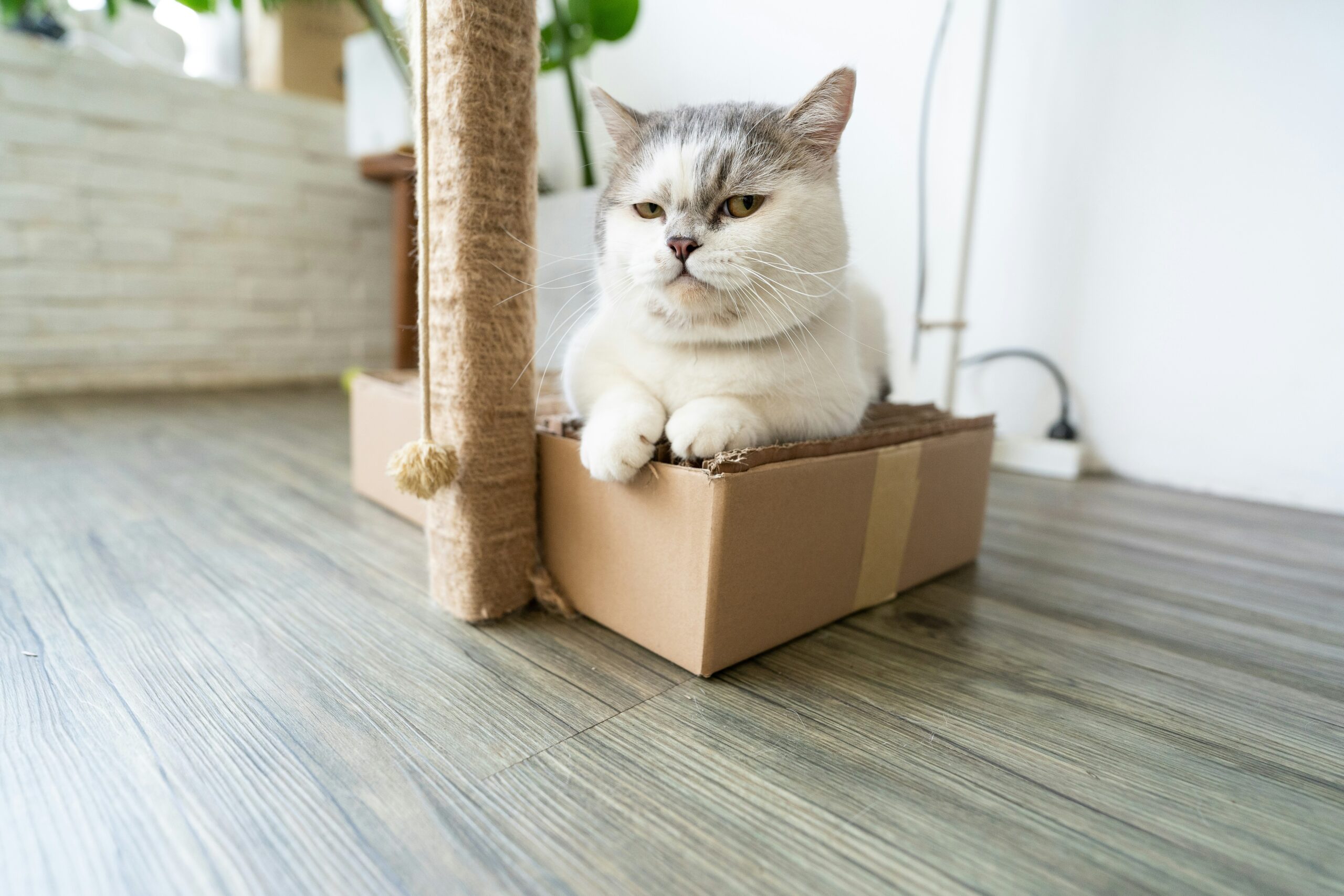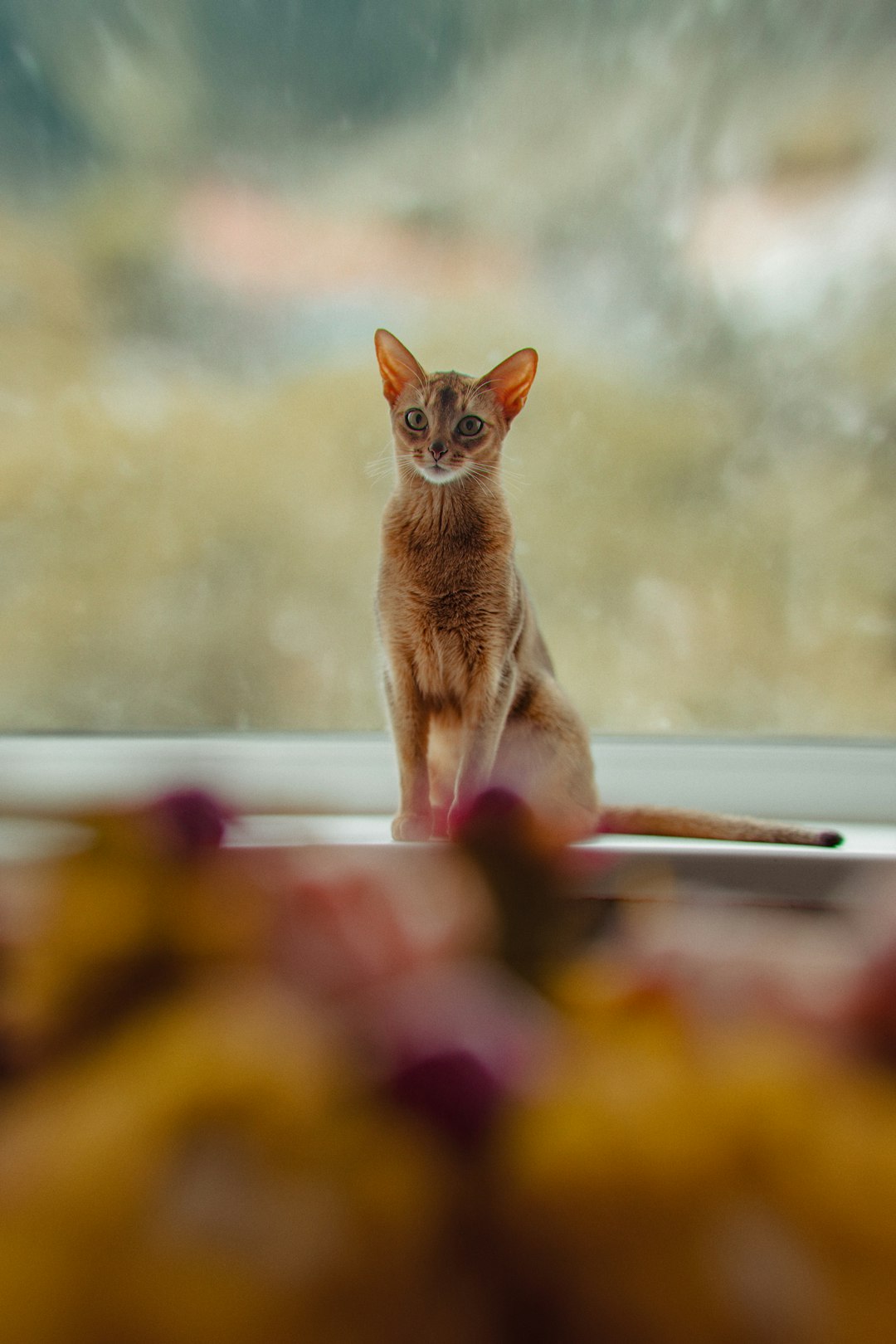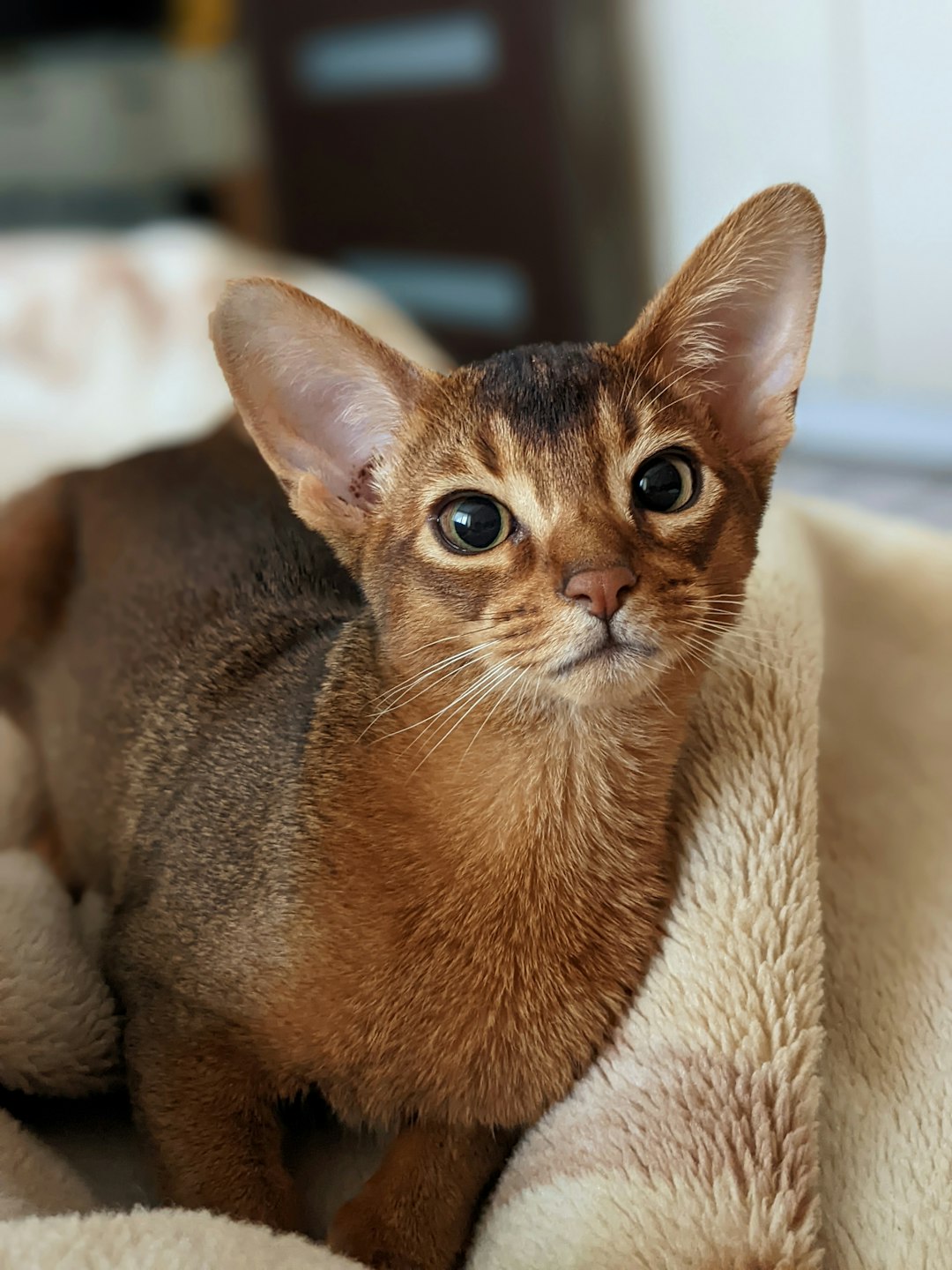The munchkin cat, with its distinctive short legs and playful demeanor, has captured the hearts of feline lovers worldwide. This adorable breed, known for its unique appearance and lively personality, has a fascinating history and a range of characteristics that make it a perfect companion for families and individuals alike. As they continue to gain popularity, understanding the care requirements and health considerations of munchkin cats becomes essential for potential owners. In this post, we will explore everything you need to know about this delightful breed, from their origins to tips for training and socialization.
Origin of the Munchkin Cat Breed
The munchkin cat breed has a fascinating origin that dates back to the 1980s. This distinctive breed began in the United States when a schoolteacher discovered a group of small, short-legged cats in her neighborhood. Intrigued by their unique appearance, she adopted a few and later sought to breed them. Here are some key points about the origin of the munchkin cat:
- First Documentation: The first documented munchkin cats emerged in Louisiana, captivating cat enthusiasts with their playful demeanor and striking stature.
- Early Recognition: In 1994, The International Cat Association (TICA) recognized the munchkin cat breed, acknowledging its unique charm.
- Genetic Traits: The munchkin cat’s short legs stem from a naturally occurring genetic mutation, contributing to its adorable and distinctive look.
Today, the munchkin cat is loved worldwide for its friendly nature and unique appearance. As you consider bringing a munchkin cat into your home, understanding its origins can deepen your appreciation for this endearing breed.
Physical Characteristics of Munchkin Cats
Munchkin cats are truly unique due to their distinctive appearance. These adorable felines have several key physical traits that set them apart from other breeds:
Short Legs: The most notable feature of the munchkin cat is its short legs, which result from a natural genetic mutation. Their legs are roughly half the length of a typical cat’s legs, giving them a quirky and charming stance.
Body Structure: Munchkin cats possess a medium-sized body, which is well-proportioned with a sturdy frame. Despite their shorter limbs, they show agility and can move swiftly.
Coat and Color: This breed has a variety of coat lengths—ranging from short to long—as well as an extensive palette of colors and patterns. You might find munchkin cats sporting solid colors, tabby designs, or even calico patterns.
Facial Features: Munchkin cats typically exhibit a rounded head with large, expressive eyes. Their ears are medium-sized and slightly rounded at the tips, adding to their overall cuteness.
In summary, the munchkin cat’s unique physical characteristics make them stand out among feline companions, ensuring they capture hearts effortlessly.
Personality and Temperament of Munchkin Cats
Munchkin cats are not only charming in appearance but also possess delightful personalities that make them wonderful companions. Here are some key traits that define the munchkin cat temperament:
- Affectionate: These cats thrive on human interaction and easily form strong bonds with their owners.
- Playful: Munchkin cats maintain a kitten-like curiosity throughout their lives. They love engaging in play, often using toys, or simply chasing after each other around the house.
- Social: They are known for their friendly nature, getting along well with children and other pets, making them ideal for families.
- Intelligent: Munchkin cats are quick learners. They enjoy mental challenges, so puzzle toys or training sessions can keep them stimulated.
While each munchkin cat possesses a unique personality, most share these endearing characteristics. Their lively spirit will bring joy and laughter into any home, creating an engaging atmosphere that allows for a close and loving relationship between pet and owner.
Care Requirements for Munchkin Cats
Caring for a munchkin cat involves meeting their unique needs to ensure they thrive. Follow these essential care tips for a happy, healthy feline companion:
Nutrition: Provide high-quality, balanced cat food rich in protein. Consult your vet for specific dietary recommendations tailored to your munchkin cat‘s age and activity level.
Hydration: Always have fresh water available. Munchkin cats may be prone to urinary issues, so encourage regular water consumption.
Grooming: Regular grooming is crucial, especially for long-haired munchkin cats. Brush their fur at least once a week to prevent mats and reduce shedding.
Litter Box Maintenance: Keep the litter box clean. Munchkin cats prefer a tidy space for their business to avoid stress and promote good hygiene.
Exercise: Engage your munchkin cat with toys and interactive play. Their short legs don’t limit their agility—a good playtime routine can keep them fit and mentally stimulated.
By adhering to these care requirements, you can nurture your munchkin cat and help them live a fulfilling life.
Health Considerations for Munchkin Cats
When considering a munchkin cat, it’s essential to be aware of their unique health needs. While these adorable short-legged cats generally have a good health outlook, here are some key health considerations:
Spinal Issues: Munchkin cats have a distinct genetic mutation. This can lead to spinal deformities, so regular veterinary check-ups are vital.
Obesity Risk: Like many cats, munchkin cats may be prone to obesity. To combat this:
- Offer a balanced diet.
- Engage them in daily play sessions.
Dental Health: Dental problems can arise in munchkin cats. Regular dental care is crucial:
- Brush their teeth regularly.
- Provide dental treats.
Regular Screenings: Schedule routine screenings to catch any potential health issues early.
Overall, with proper care and attention, your munchkin cat can lead a happy and healthy life. Prioritizing these health considerations will keep your feline friend thriving for years to come!
Training Tips for Munchkin Cats
Training your munchkin cat can be a rewarding experience, thanks to their playful and intelligent nature. Here are some effective strategies to make training enjoyable for both you and your feline friend:
- Start Early: Begin training when your munchkin cat is a kitten to instill good habits.
- Positive Reinforcement: Use treats and praise to reward desired behaviors. Munchkin cats thrive on positive reinforcement.
- Consistency is Key: Establish a routine. Always use the same commands and rewards to avoid confusion.
- Short Sessions: Keep training sessions brief (5-10 minutes) to maintain your munchkin cat’s attention and engagement.
- Interactive Toys: Utilize toys to make training more appealing and stimulate their natural hunting instincts.
| Training Method | Effectiveness |
|---|---|
| Positive Reinforcement | High |
| Clicker Training | Moderate |
| Interactive Play | High |
Remember, munchkin cats are curious and social. Incorporating play into your training will foster a stronger bond and enhance their learning experience. Enjoy the process!
Socialization Needs of Munchkin Cats
Munchkin cats are known for their friendly nature and affectionate demeanor, making them ideal companions. Proper socialization is crucial for ensuring that your munchkin cat develops into a well-adjusted and sociable pet. Here are key points to consider:
Early Exposure: Introduce your munchkin cat to various environments, people, and other pets during their early weeks. This helps them adapt to new experiences and reduces anxieties.
Playtime Interactions: Engage your munchkin cat in interactive play. Use toys that encourage them to jump, chase, and explore, enhancing their social skills.
Positive Reinforcement: Reward your munchkin cat with treats or praise when they interact positively with others. This reinforces good behavior and encourages them to be more open.
Consistent Routine: Maintain a stable daily routine that includes playtime, feeding, and quiet time. A sense of predictability helps your munchkin cat feel secure.
Secure Spaces: Provide safe spaces where your munchkin cat can retreat if they feel overwhelmed, allowing them to control their social interactions.
By addressing these socialization needs, you can help your munchkin cat thrive as a loving and confident companion.
Adopting a Munchkin Cat: What to Consider
When bringing a munchkin cat into your home, it’s crucial to consider several factors to ensure both you and the cat set off on the right paw. Here are some key points:
- Lifestyle Compatibility: Munchkin cats exhibit playful and affectionate behavior. Ensure your lifestyle can accommodate their energetic nature.
- Space: While they don’t require vast areas, a cozy environment with vertical climbing spaces like cat trees will keep them entertained.
- Other Pets: Munchkin cats are generally social. If you have existing pets, consider how they’ll react to a new family member.
- Health Awareness: This breed can be prone to specific health concerns. Ensure your budget covers regular vet check-ups.
- Commitment: Like any pet, they require attention and love. Commit to playtime and companionship.
Before adopting a munchkin cat, take the time to evaluate these factors to ensure a fulfilling relationship with your new furry friend.
Frequently Asked Questions
What characteristics define the Munchkin Cat breed?
Munchkin Cats are distinct for their short legs, which result from a natural genetic mutation. They possess a medium-sized body, with a muscular build and a slightly rounded face. Their legs, while short, are strong and allow for agile movements. Munchkins come in various colors and patterns, showcasing their diverse and beautiful fur coats. They are known for their playful and affectionate nature, making them a beloved companion for families.
Are Munchkin Cats prone to health issues due to their short legs?
Generally, Munchkin Cats are healthy and have a lifespan similar to other cat breeds, ranging from 12 to 15 years. However, they may face certain health concerns linked to their unique genetics, such as lordosis (curvature of the spine) or pectus excavatum (depression of the sternum). Responsible breeders conduct thorough health testing to help minimize these risks. Regular veterinary check-ups and proper care can further ensure their well-being.
How do Munchkin Cats behave around children and other pets?
Munchkin Cats are known for their friendly and sociable demeanor, which makes them excellent companions for children and other pets. They are playful and love interactive games, which encourages bonding with family members, including young kids. However, it’s essential to supervise interactions, especially with younger children, to ensure gentle handling. Munchkins typically adapt well to multi-pet homes, forging friendships with other cats and even dogs.
What kind of care do Munchkin Cats require?
Caring for a Munchkin Cat involves regular grooming to maintain their coat’s health and a balanced diet to support their overall growth. It’s also important to provide them with ample playtime and mental stimulation, as they are active and curious cats. Regular veterinary visits for vaccinations, dental care, and health check-ups are crucial. Educating yourself about their specific needs will help ensure that your Munchkin thrives and enjoys a happy, healthy life.



